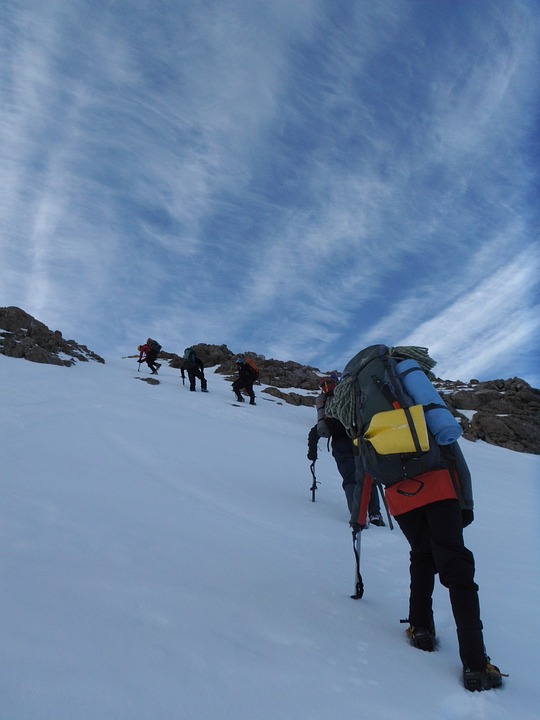As the setting for epic films, New Zealand delivers with breathtaking landscapes and challenging terrain. Make try to conquer this challenge themselves. If you are planning to go on any of the New Zealand hiking tours, then you better be prepared.
1. Get Fit
The first order of business is to be as fit as you can possibly be. Hopefully, there is still a lot of time between now and your trip. Work on both your strength and your endurance. If you haven’t been working out prior to this, then start by just walking more on a daily basis. You will need to toughen up your feet and your legs, after all. If that seems too easy, then go ahead and run progressively longer distances week after week. Lift weights if you have access to them or just do push-ups and other bodyweight exercises at home.
2. Dress for Conquest
Your clothes should be functional. You can’t just dress to impress with matching colors and the latest styles. You have to dress for conquest of the challenge ahead. It would be best to wear tops with long sleeves to prevent sun burn from skin exposure. These could be thin for breathability in the summer or thick to create a thermal barrier in colder conditions. Bringing multiple layers is also a good idea as you can quickly add or shed layers depending on the need. Protect the legs as well. Thorny plants can cause wounds as you hike. Wear hiking-specific shoes with good grip and strategic vents.
3. Gear Up
Bring all of the necessary gear for the trip. Some items may be assigned to specific individuals in a group. Other items will have to be brought by everyone. For example, it would be prudent to bring a whistle to call people’s attention in case you get lost or fall behind. You should also have a first aid kit to treat wounds and prevent infection. Have an adequate amount of medication if you are taking any. If bringing a tent, then opt for the lightest one possible. Your back will be thankful. Put them all in a hiking bag that has both a hip strap and a sternum strap for adequate support.
4. Feed Yourself
Have enough food and drinks for the duration of the hike. This will be more critical the longer it gets, especially if you don’t have many resupply points along the way. Break it down in terms of calories. How many do you need per day? Bring food packs that meet your goals, then add some extra for emergencies. Make sure that you have a good distribution of fats, proteins, and carbohydrates. Some of these might be ready to eat. Others might have to be heated or cooked in the mountains. If so, then get a lightweight stove and cookset.





